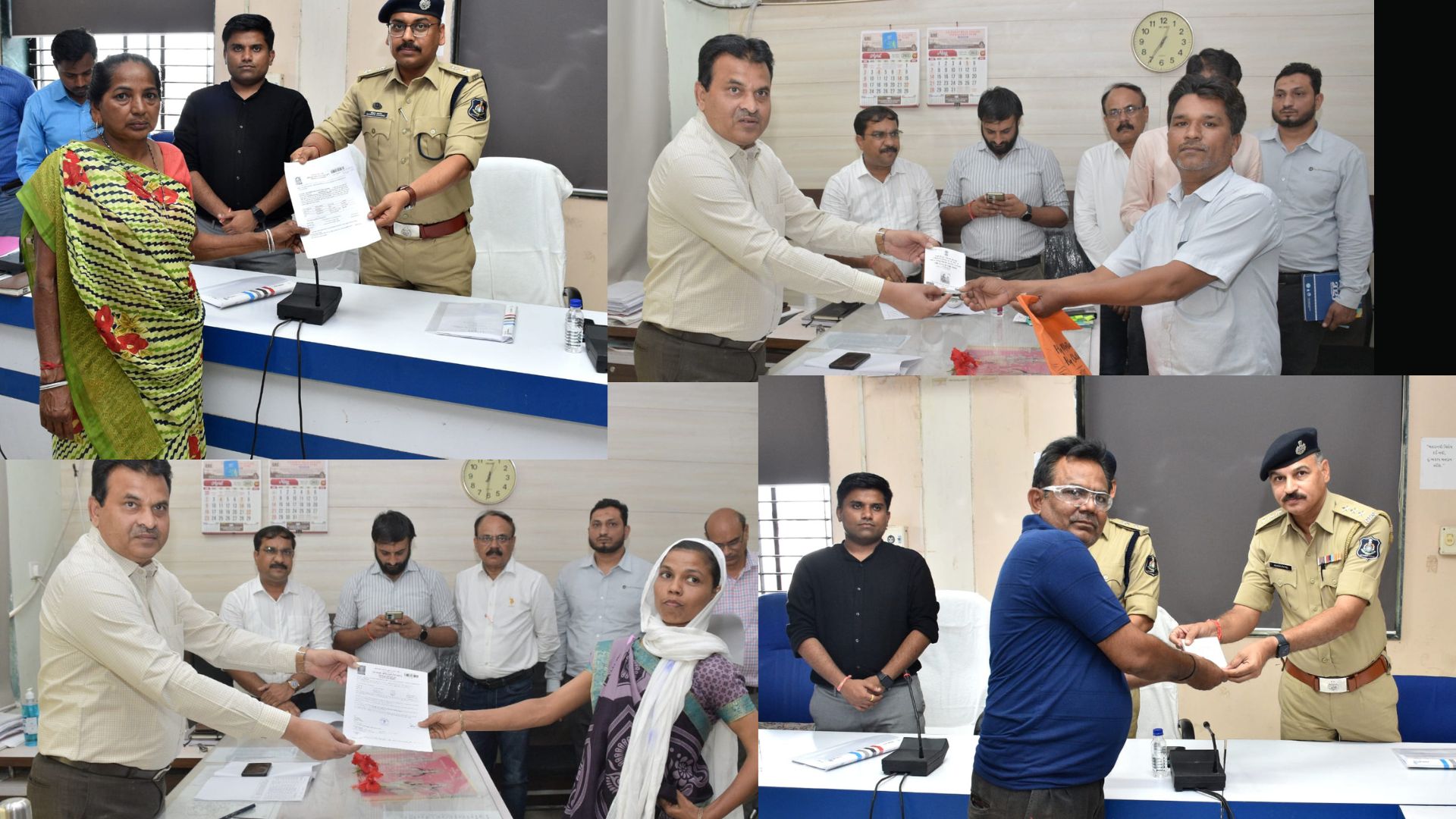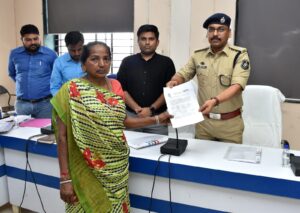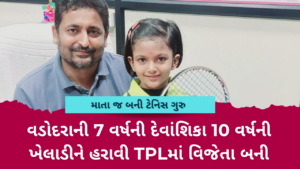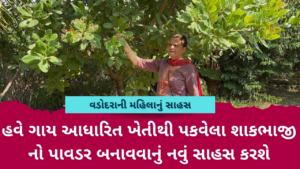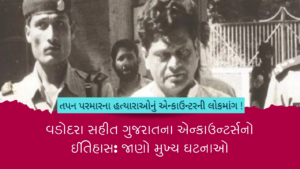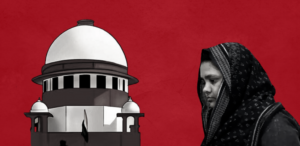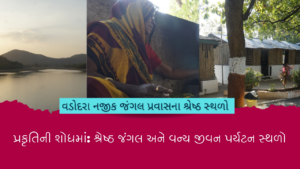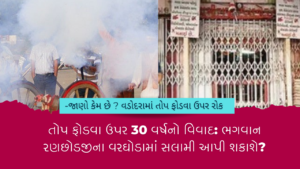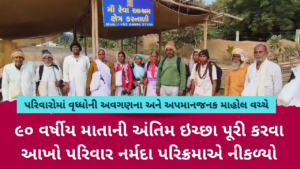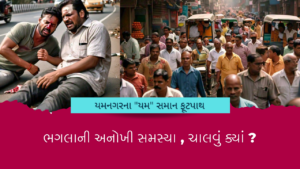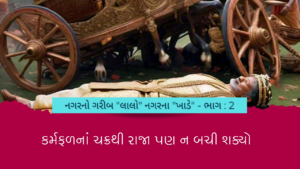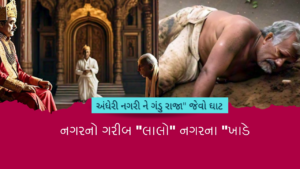The ‘Swagat’ program in Gujarat, India is a government initiative aimed at providing on-the-spot solutions to citizens’ problems, complaints, and queries. Through this program, citizens can approach government officials at the district level and get their issues resolved within a matter of minutes. The program has been widely praised for its effectiveness and efficiency in resolving citizens’ grievances.
Problem:
Prior to the launch of the ‘Swagat’ program, citizens in Gujarat faced several challenges in getting their complaints and grievances addressed by government officials. The process was often lengthy, bureaucratic, and time-consuming, leading to frustration and dissatisfaction among citizens. As a result, many people did not have access to essential government services, such as ration cards, pensions, and cash assistance.
Solution:
To address this problem, the Gujarat government launched the ‘Swagat’ program in 2003. Under this program, citizens can approach government officials at the district level and get their grievances resolved on the spot. The program is based on a simple and efficient process, where citizens submit their complaints or applications to the district office, and the concerned officials take immediate action to resolve the issue.
Results:
The ‘Swagat’ program has been highly successful in Gujarat, with thousands of citizens benefiting from the on-the-spot solutions provided by government officials. The program has helped citizens to obtain essential government services, such as ration cards, pensions, and cash assistance, which were previously difficult to access. The program has also led to a significant reduction in the time and effort required to get complaints and grievances resolved.
Case Studies:
Prakash Suthar, a 50-year-old laborer, had applied for a ration card, but due to some problem, the application was not progressing. However, through the ‘Swagat’ program, he received a call from the government office and was able to get his ration card within minutes. Prakashbhai described the program as successful and effective.
Pravin Singh Rana, whose ration card was suspended, was able to get it activated immediately through the ‘Swagat’ program. He thanked Prime Minister Modi and Chief Minister Bhupendra Patel for continuing and expanding the program.
Sajjan Solanki, who obtained approval for the National Family Support Scheme, praised the ‘Swagat’ program for providing on-the-spot solutions to citizens’ problems. She described the program as a mantra that transforms pain into joy.
Baiji Devipujak, who had applied for a monthly pension under the widow assistance scheme, was able to get her application approved through the ‘Swagat’ program. She expressed her satisfaction with the program and the government’s ability to get things done quickly.
Chiman Parmar’s application for benefits under the old age pension scheme was also resolved amicably through the ‘Swagat’ program. He expressed his gratitude and appreciation to the government and district administration.
Conclusion:
The ‘Swagat’ program in Gujarat has been a game-changer in providing efficient and effective solutions to citizens’ grievances. The program has helped to bridge the gap between citizens and government officials, and has enabled citizens to access essential government services quickly and easily. The success of the program has been largely attributed to its simplicity, efficiency, and focus on citizen-centric solutions. As such, it serves as a model for other states and countries looking to improve citizen satisfaction and engagement with the government.

